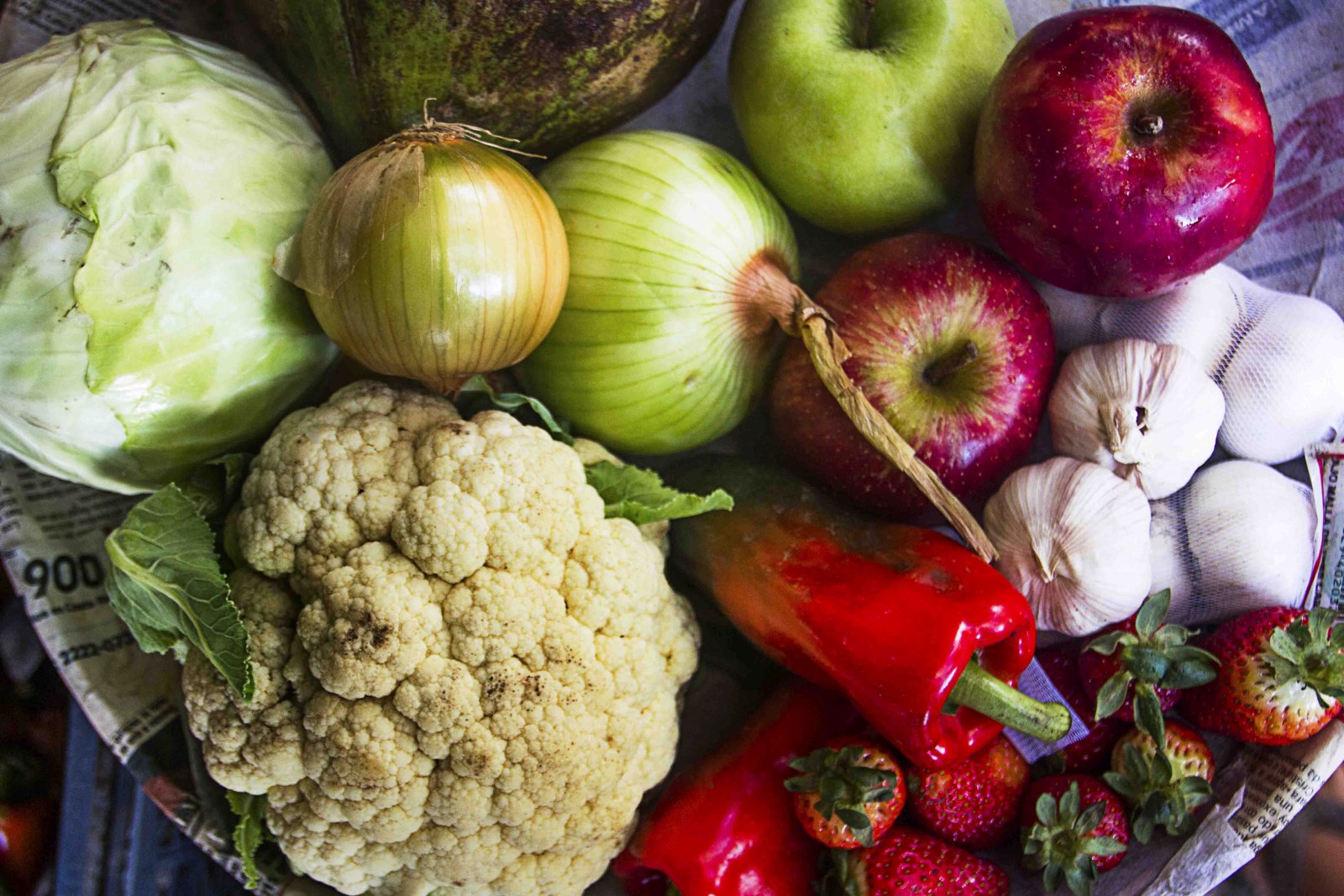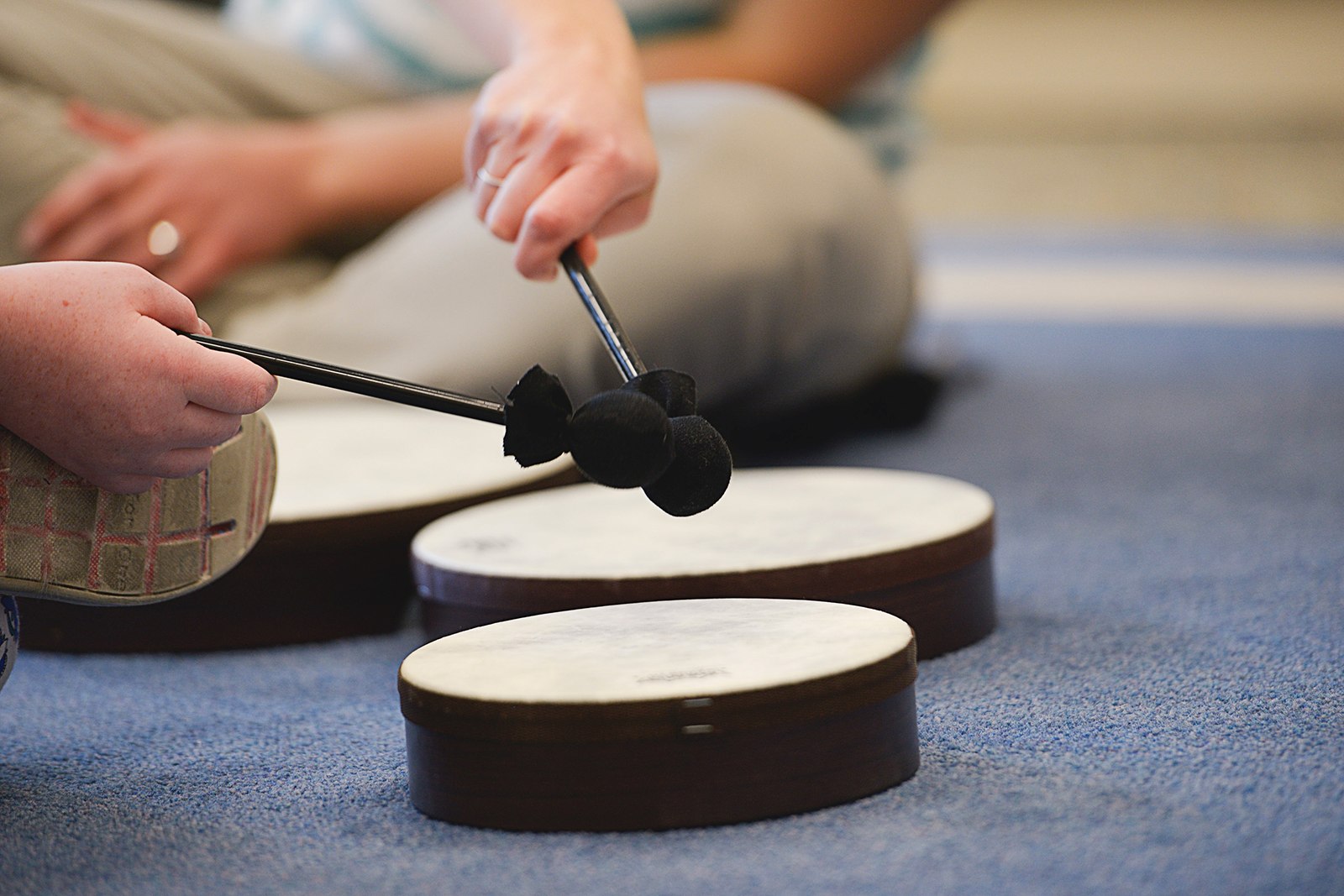
In the past year, a surge of articles and reports has surfaced investigating kidney failure and the link to sugarcane farmworkers who live in the Guanacaste province. It is now well known that not only the farmworkers but others who live here are at high risk for developing chronic kidney disease.
This growing problem has become such an immediate concern that in July epidemiologist and oncologist Dr. Roy Wong McClure asked the Ministry of Health to declare a health emergency in Guanacaste.
According to the Costa Rican Social Security (CCSS), the number of patients with chronic kidney disease in the province has tripled, primarily affecting men under 50 years of age who work in agriculture.
Why kidney failure is occurring at such a rapid rate has been attributed to many different culprits and is most likely a combination of these attributes: the toxic effects of pesticides and agrochemicals, limited employee breaks, minimal hydration, excessive hard work and heat out in the fields, and the ingestion of high amounts of processed food, additives and sugar.
Once the workers are diagnosed with kidney disease, they are often fired and left without medical insurance, and without the proper care, many die.
A lot needs to be accomplished to address this dire situation. For those who are out in the fields and for the rest of us, it is critical to learn about ways to protect kidney health and to take the necessary steps to ensure that our kidneys stay as high functioning as possible.
Before the kidneys are affected by chronic health concerns, here are some tips to help protect these hardworking organs:
Hydrate by drinking clean water versus soda or sweet drinks to help reduce kidney infections and lower stress on the kidneys.
Maintain blood pressure in the target range. If you have high blood pressure, treating your blood pressure will help protect your kidneys.
Avoid excess sugar in your diet. If you have a blood sugar imbalance, monitor your levels since high blood sugar can increase the risk of kidney failure.
Limit use of over-the-counter or prescription painkillers that contain ibuprofen. Be aware that this class of medication known as non-steroidal anti-inflammatory drugs (NSAIDS) shrinks blood vessels in the kidneys.
To help minimize kidney damage, drink a large glass of water when taking this class of drug and avoid caffeine as it can exacerbate negative effects to the kidneys.
Be informed and inquire about any side effects a drug may have on your kidneys any time you take a new medication. Certain antibiotics and chemotherapy medication may be more difficult for your kidneys to process. If you know that your kidney function is less than normal, avoid these drugs if possible and find out if your doctor can prescribe an alternative.
Eat foods that protect your kidneys such as apples, garlic, olive oil, fish, grilled or roasted chicken, onion, cabbage, cauliflower, whole grains, red bell peppers and strawberries. Many of these foods are filled with antioxidants, health-boosting phytochemicals, fiber, good sources of protein and anti-inflammatory properties, which all help support kidney function.
Make it as much of a priority as possible to avoid processed food, chemicals, additives and excess amounts of pesticides in foods. And last but not least, exercise to help detoxify the kidneys and support overall health.







Comments